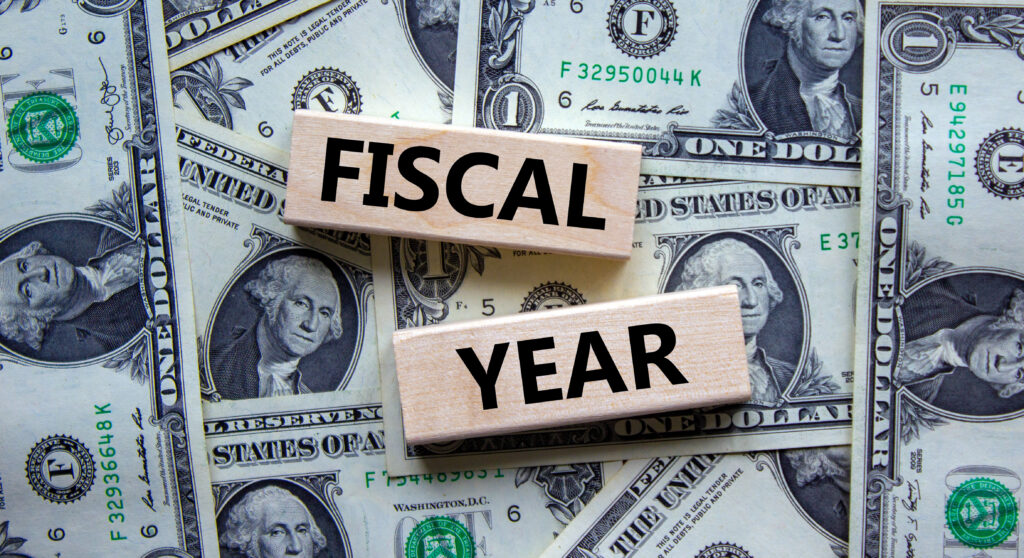First Half of Current Fiscal Year a Record-Breaker for U.S. Treasury

It’s been another record year for the federal government so far, which is in the midst of its current fiscal year. At the end of March, when the government reached its halfway point of the 2016 fiscal year, it had already collected $1.48 trillion. One might think that this massive haul would help ease the nation’s federal deficit. However, despite the record intake, the federal government still finds itself in the hole to the tune of $461 billion.
According to the U.S. treasury Department, the amount of taxes it has collected from October 2015 through March of this year has been greater than any other previous fiscal year on record. That even takes adjustment for inflation into consideration.
The Treasury Department counts revenues from several sources, including individual income taxes, unemployment insurance taxes, social insurance and retirement taxes, estate and gift taxes, corporate income taxes, excise taxes and a few other items. Of the $1.48 trillion collected so far this fiscal year, the majority comes from individual income taxes, which accounts for nearly half of the total, at $675 billion.
By way of comparison, last year, the federal government collected a total of $3.24 trillion in taxes for the entire 2015 fiscal year.
How to Bring in a New Partner
How to Bring in a New Partner By Matt Dickstein, Business Attorney In this article, I will give you a quick overview of how do you buy into a company to bring in a new shareholder or partner to help with your business. If you are on the other side of the table as…
The Pros & Cons of S-Corporation Status
The Pros & Cons of S-Corporation Status If the number of shareholders in your corporation is small, you may think that becoming an S-Corporation is the right move, but you should weigh the advantages and disadvantages first. Advantages of S-Corporation Status One of the main advantages of S-Corporation status is that it avoids the double…
What is Sole Proprietorship?
What is Sole Proprietorship? A sole-proprietorship is a business that is owned by one person or by a husband and wife. Unless the business is formed as a corporation or a limited liability company, it will be a sole-proprietorship by default. One of the biggest advantages of operating a business as a sole-proprietorship is that…
Conducting Your Business as a Corporation
Conducting Your Business as a Corporation The limited personal liability of a corporation isn’t ironclad. In the event the business ends up owing more money to a creditor than it has the ability to pay, the creditor will then look to the business owner. Under a legal theory known as “piercing the corporate veil,” if…



